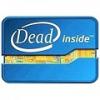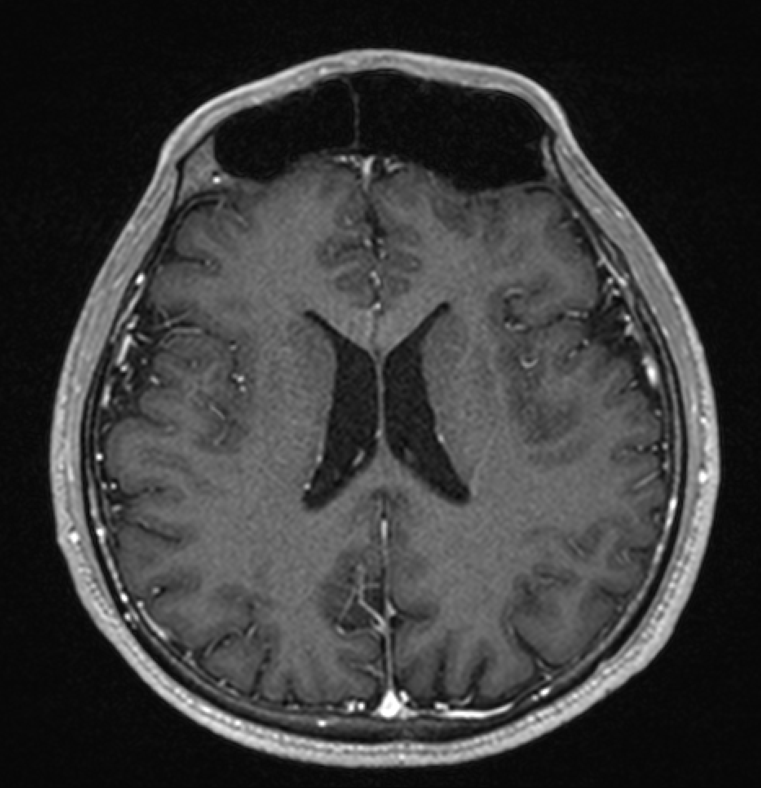stuff like ginseng and shilajit are a little helpful, but there are more specific choices.

Behav Brain Res. 2014 Jul 15;268:1-7. doi: 10.1016/j.bbr.2014.03.052. Epub 2014 Apr 6.
Antidepressant effects of resveratrol in an animal model of depression.
Hurley LL1, Akinfiresoye L1, Kalejaiye O1, Tizabi Y2.
Abstract
Resveratrol (3,4',5-trihydroxy-trans-stilbene) is a natural non-flavonoid polyphenol antioxidant extracted from red grapes in the processing of wine. Initially it was studied for its potential as anticancer drug, and later was found to reduce cardiovascular disease. More recently resveratrol was shown to alleviate depressive-like symptoms induced by stress or other means in mice and rats. The major purpose of this study was to investigate whether resveratrol would manifest an antidepressant effect in Wistar-Kyoto (WKY) rats, a putative and non-induced animal model of depression, and whether this effect might be associated with an increase in hippocampal and frontal cortical brain-derived neurotrophic factor (BDNF), a protein implicated in chronic effects of many antidepressants. Adult male WKY rats were injected with two doses of resveratrol (10 and 40 mg/kg, i.p.) and their behavior in the open field locomotor activity (LMA), forced swim test (FST: a measure of helplessness), and sucrose preference test (SPT: a measure of anhedonia) was evaluated after a single acute injection or following 7 days of daily treatment. Both acute and chronic administration of resveratrol resulted in a dose-dependent decrease in FST. However, only chronic resveratrol resulted in dose-dependent increase in sucrose consumption. LMA was not affected by any treatment. Parallel to the observed behavioral effects the level of hippocampal, but not frontal cortical, BDNF was also dose-dependently elevated after chronic resveratrol administration. These findings indicate an antidepressant-like effect of resveratrol in an animal model of depression possibly via activation of hippocampal BDNF, and suggest therapeutic potential of resveratrol in at least a subpopulation of depressed patients.
PLoS One. 2014 Feb 10;9(2):e88617. doi: 10.1371/journal.pone.0088617. eCollection 2014.
Preclinical evidence of rapid-onset antidepressant-like effect in Radix Polygalae extract.
Shin IJ1, Son SU2, Park H2, Kim Y2, Park SH2, Swanberg K2, Shin JY2, Ha SK2, Cho Y1, Bang SY2, Lew JH2, Cho SH3, Maeng S2.
Abstract
Radix Polygalae (the root of Polygala tenuifolia ) is a herb widely used in traditional Asian medicine that is thought to exert a variety of neuropsychiatric effects. Radix Polygalae extract can protect against N-methyl D-aspartate (NMDA) neurotoxicity and induce brain-derived neurotrophic factor (BDNF) expression, suggesting modulatory roles at glutamatergic synapses and possible antidepressant action. In accordance with this hypothesis, Radix Polygalae extract demonstrated antidepressant-like effects in 8-week-old male C57Bl/6 mice by decreasing behavioral despair in the forced swim and tail suspension tasks and increasing hedonic-like behavior in the female urine sniffing test 30 minutes after a single oral administration of 0.1 mg/kg. Reduced latency to acquire a food pellet in the novely suppressed feeding paradigm, without change in anxiety-like behaviors suggested a rapid-onset nature of the antidepressant-like effect. In addition, it decreased the number of failed escapes in the learned helplessness paradigm after two oral administrations 24 hours and 30 minutes before the first test. Finally, it reversed anhedonia as measured by saccharin preference in mice exposed to the chronic stress model after two administrations of 0.1 mg/kg, in contrast to the repeated administration generally needed for similar effect by monoamergic antidepressants. Immobility reduction in tail suspension task was blocked by the α-amino-3-hydroxy-5-methyl-4-isoxazolepropionic acid (AMPA) receptor antagonist NBQX, a pattern previously demonstrated by ketamine and other ketamine-like rapid-onset antidepressants. Also similarly to ketamine, Radix Polygalae appeared to acutely decrease phosphorylation of GluR1 serine-845 in the hippocampus while leaving the phosphorylation of hippocampal mTOR serine 2448 unchanged. These findings serve as preclinical evidence that Radix Polygalae extract exerts rapid-onset antidepressant effects by modulating glutamatergic synapses in critical brain circuits of depression and may be worthy of further evaluation as a safe substitute to other rapid-onset antidepressants known to have unacceptable side effects.
Indoleamine 2,3-dioxygenase mediates anhedonia and anxiety-like behaviors caused by peripheral lipopolysaccharide immune challenge.
Polyphenols Inhibit Indoleamine 3,5-Dioxygenase-1 Enzymatic Activity — A Role of Immunomodulation in Chemoprevention
We recently reported that flavone molecules such as apigenin, baicalein, chrysin, and wogonin are potent enzyme inhibitors of IDO-1 protein (Chen et al., 2012). Using the same enzymatic assay method developed in our laboratory (ReNeuron), we expanded the study to include other common polyphenols, namely quercetin (flavonol), genistein (isoflavone), isoliquiritigenin (chalcone), and oridonin (diterpene) in this report.
IL-1beta is an essential mediator of the antineurogenic and anhedonic effects of stress.
Prebiotic administration normalizes lipopolysaccharide (LPS)-induced anxiety and cortical 5-HT2A receptor and IL1-β levels in male mice




















































